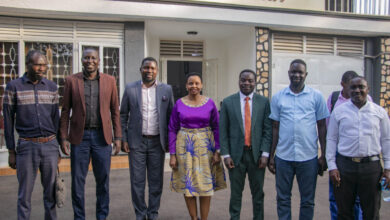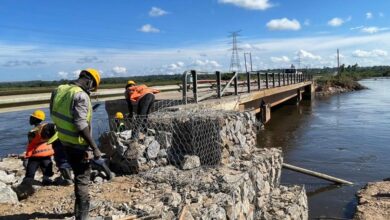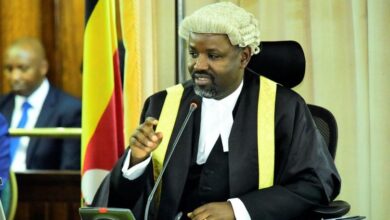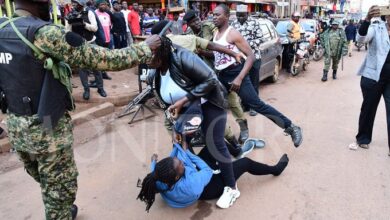Central Region cited as the epicenter of hate speech in Uganda
The chairperson of the commission Mariam Fauzat Wangadya said Uganda has witnessed an alarming increase in the proliferation and impact of hate speech directly at individual level and among groups.
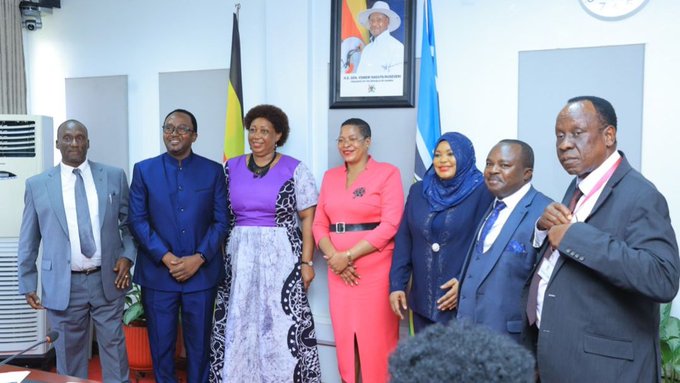
The Uganda Human Rights Commission (UHRC) has raised concern on the increase of hate speech in Uganda, citing the Central Region as the epicenter of hate speech in the country.
The chairperson of the commission Mariam Fauzat Wangadya said Uganda has witnessed an alarming increase in the proliferation and impact of hate speech directly at individual level and among groups.
She said, recent advances in information technology, online communication and mass media have massively changed the pace and reach of its spread.
“The Commission noted that the Central region being the most populous region and home to the Capital City witnesses a significant amount of political and social discourse, therefore has more prevalence of hate speech,” she added.
Hate speech and messaging contravenes Computer Misuse Act 2012 Section 25 and The Penal Code Act Section 51(1) (a & b) incitement to violence. The act Prohibits the sending or sharing of information that promotes hate speech.
The Commission’s findings are contained in the 26th Annual Report on the State of Human Rights and Freedoms in Uganda in 2023, that was handed over to Speaker Among today at Parliament, where the Commission also revealed that there was stark contrast between roads in the city and some rural areas in Uganda.
The commission commended Ugandans for participating in the “Kampala pothole exhibition” led by Dr. Spire Jim Ssentongo in April 2023 on Twitter (X), saying the photos of potholes shared in different parts of the city, depicted the deteriorating state of roads in Kampala Metropolitan area, with some rural places in Uganda having better roads than the city.
“A number of roads in Mukono, Wakiso and Kampala Districts (Kampala metropolitan area) are majorly narrow, dusty, and with pot-holes, due to lack of road maintenance. In 2023, social media was awash with citizens decrying the poor roads in Kampala and Wakiso. This led to an online “Kampala pothole exhibition” led by Dr. Spire Ssentongo in April 2023 on Twitter (X) intended to expose the poor conditions of the roads in our country and appeal to the Government to address the situation,” as noted in the report.
“Citizens shared photos of potholes in different parts of the city, most of which depicted the deteriorating roads. The pothole exhibition also highlighted the lack of accountability and transparency in infrastructure planning and implementation. The UHRC found a stark contrast between transport infrastructure in the countryside and that in the Kampala metropolitan area. While rural areas boast of good-quality infrastructure, Kampala, Mukono and Wakiso face significant challenges,” read in part the UHRC report.
In the recently released shs.72 trillion budget by parliament, government earmarked shs.592.08 billion to address flooding, traffic congestion, poor road infrastructure, unsignalized junctions provision of street lights and storm water drainage enhancements in Kampala in the 2024/2025 budget.
Previously the Special Forces Command Construction Regiment (SFCCR) secured a Shs2b deal from Kampala Capital City Authority (KCCA) to maintain roads in the central business district of Kampala.
In June last year, President Museveni ordered the SFC to take over the maintenance of city roads with the first son then (senior presidential advisor) Gen Muhoozi Kainerugaba, approaching him to help in the construction of the city roads at a very low cost.
This was after Gen Muhoozi had in May, toured some of the roads that were in bad shape in the city and promised to use the SFC units to improve them.
Lt Eng. Kikomeko said their scope of work was to cover 12,000 square meters of potholes, 10,000 square meters of section repairs and some pavements.


